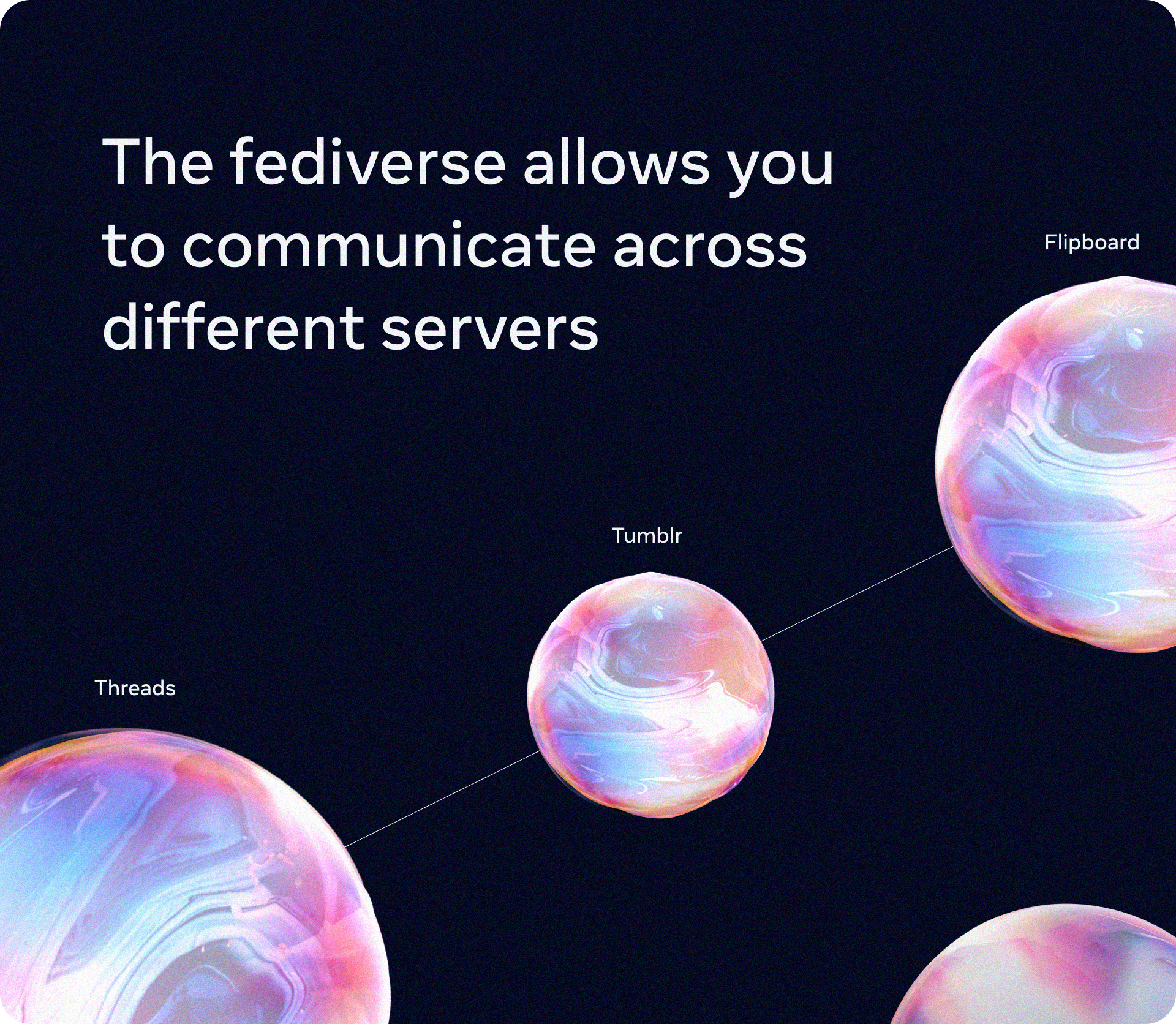
The is a tension between grassroots movements and #NGO paths on the #Fediverse and wider #openweb projects. From a #fluffy point of view the NGO path, while often well-intentioned, can lead to forms of imperialism where outside forces-through funding, structure, and top-down approaches—unwittingly impose their agendas on communities. These actors often don’t realize they are replicating imperialist dynamics, but the impact can be profound: displacement of native grassroots efforts, co-option of local autonomy, and prioritization of centralized goals over the organic, bottom-up “native” development of projects.
Recognizing NGO Imperialism in the Fediverse:
- Unconscious Imperialism: Many in the NGO sector fail to recognize the harm their actions cause because they see their work as inherently “good” or “neutral.” However, when they impose structures or funding models without deep collaboration with the grassroots, it replicates patterns of control and hierarchy. Imperialism here refers to a powerful entity, organization extending its control over others, often under the guise of ‘helping’ or ‘developing’ them. On our current Fediverse path, this manifest as NGOs exerting influence on decision-making, resource distribution and governance, overriding local or native voices in the fediverse.
- Disconnection from native spaces: One telltale sign of this mess is the lack of linking to #socialhub or other grassroots-driven projects. If a NGO or organization is bypassing the platforms where the community itself is actively discussing and governing its own spaces, it signals a disconnect from native grassroots paths. #DIY spaces like #socialhub embody open, collaborative, and bottom-up approach to governance. Linking to these spaces signals an intention to engage with the community’s self-determination rather than imposing external structures.
- When NGO-led initiatives fail to collaborate with the grassroots, the likely outcome is #techshit—technology that doesn’t serve the needs of the community, ends up being unsustainable, and ultimately becomes #techshit to compost for future efforts. The liberal history of imperialism, especially in the last few hundred years, is full of such failed interventions. This is part of the ongoing cycle in the openweb, where obviously crap and disconnected technological solutions (often driven by #fashernista agendas) fail and must then be broken down and repurposed by those still engaged in the space, composting techshit take time and focus which is the one thing in short supply.
Balancing NGO paths with grassroots movements that create value:
- Creating Bridges is a good path, instead of rejecting the NGO path outright, there needs to be a focus on bridging the gap. NGOs can play a role, but need to be willing to diversify power to the community and respect the self-organizing nature of grassroots movements. This requires transparency, active listening, and a commitment to open process, the #4opens.
- LINKING: Encouraging NGO Accountability a crucial step to make NGOs understand the historical context of their actions. By encouraging more self-reflection and linking their work back to grassroots spaces, NGOs can avoid falling into patterns of imperialism and instead work at balancing better openweb’s paths which is actually, often, there core stated mission.
- Building Native Governance, native governance is currently a black hole in #DIY spaces, this is a problem we need to work on with projects like the #OGB. This is a space where the #NGO path with its access to funding could be a very real help to fill this hole.

For Grassroots, we need those involved in the Fediverse (at best with the support of the privileged #NGO crew) to create strong, independent governance models (like the #OGB) that are needed to push back against co-option. By making sure these paths are, built, linked and visible, it becomes easier to hold a healthy balance in place to bridge understanding without compromising autonomy. This approach preserves the Fediverse’s native path, ensuring it stays rooted in the ethos of trust, collaboration, and openness, the core values of the openweb itself.
By composting what doesn’t work and nurturing what does, we can continue to cultivate a healthier, more resilient network for the change and challenge we need for a liveable future. What steps do you think could be most effective in initiating this dialogue between NGOs and grassroots paths without compromising the integrity of grassroots spaces?
Soo…saw a post on Mastodon implying that I’m a bad admin for “not linking to socialhub”…which itself did not link to socialhub beyond a hashtag which returned no results. I asked for details on what that was and was linked to this post, which also does not really explain what this socialhub thing is. Nor do the other posts on this site sharing that tag. Is it literally just a hashtag that nobody really uses or is there something more to this thing? Kinda a dick move to be calling out instance admins over something when it seems quite difficult to find any info on what that thing actually is…
Likely the post was not about you, rather you are taking something about a bigger issue and personalising it. Socialhub is a large part of the history of the last 5 years of activity pub, but yes it’s grassroots so I agree confusing.agen your not personaly being called out. Am on a mobile replying to this so hard to be more exact.
What part of the wider article was confusing?